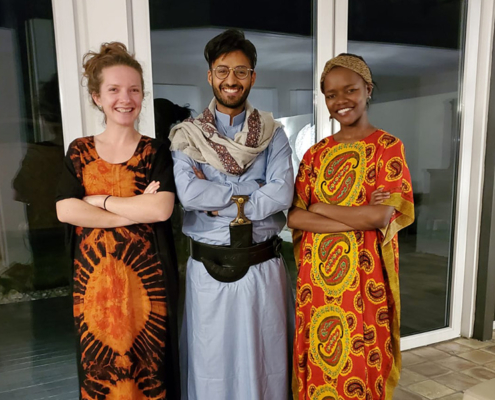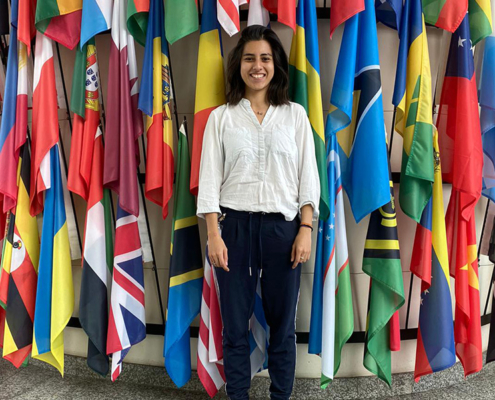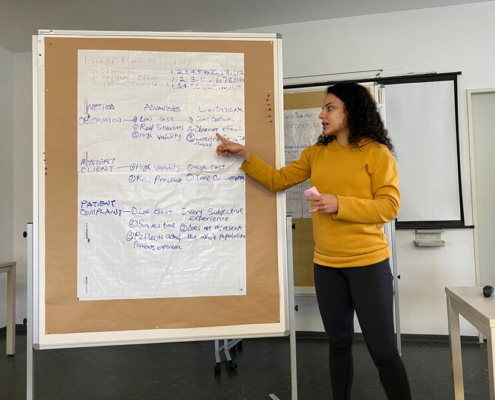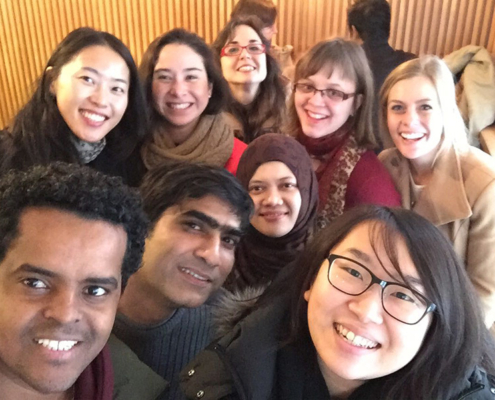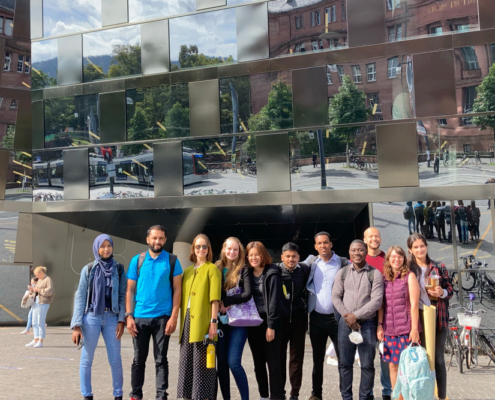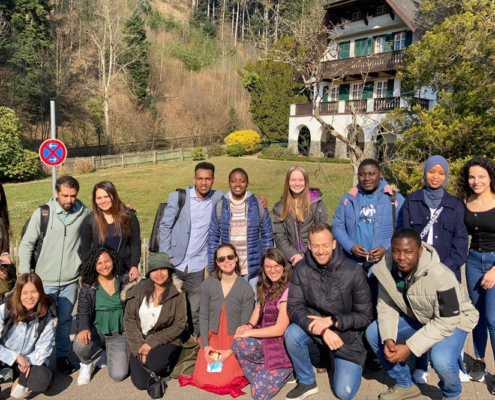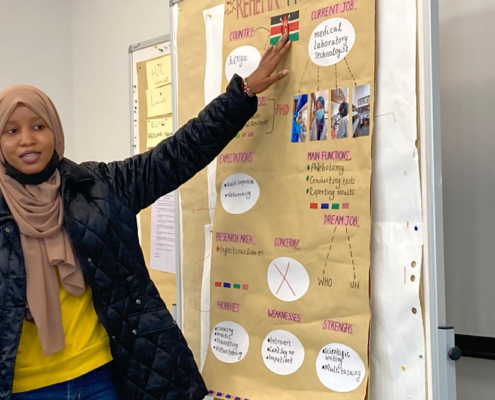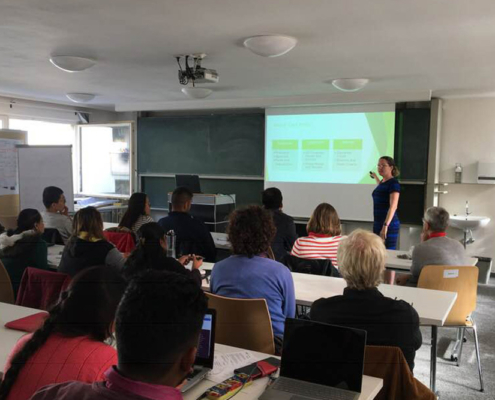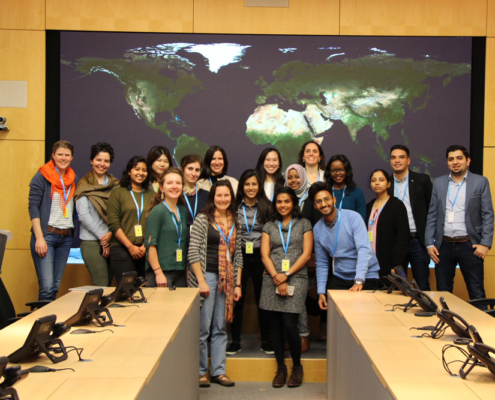Why Choose Our Master
Who is this course for?
This is an interdisciplinary course, which intends to facilitate the dialogue and interface between the Global South and North. Participants will learn how to critically recognize and analyse the conditioning and determinants of health in both urban as well as rural settings.
The Master course is open to professionals from different academic backgrounds, such as health, social sciences, economics, urban planning among others. This diversity is encouraged as it enhances the discussions and learning experiences from a truly interdisciplinary and intersectoral lens. We particularly encourage students from low-income countries to apply.
Career opportunities
The tremendous amount of social and health challenges that will result from future megacities and large sections of slum dwellers will need to be addressed in terms of health services and by health services providers and sufficient numbers of people who are trained in forecasting, trend analyses, health scenario building and other methods to cope with the future health needs in interconnected urban environments.
Postgraduate training in Global Urban Health is therefore essential for future health policy development and health implementers worldwide.
All major national institutions working in Development Cooperation (such as GIZ, KfW, MSF, Red Cross) and international organizations (including WHO, Global Fund, World Bank, UNEP, UNICEF, GAVI) require a postgraduate Master degree in Public Health, International Health, Global Health or other related areas (including Urban Health).
Likewise, academic institutions with emphasis on Public Health, International Health, Global Health, Environmental Sciences, Urban Planning, Health Economy, Health Policy or similar areas will prefer that their staff selection candidates have a relevant international Master degree.
This course will enhance your skills and academic training to work in several areas, including:
- Research and academic institutions
- Scientific organizations
- International organizations
- Public institutions such as local municipal government entities, public health departments, environmental units, non-governmental organizations (NGOs) and institutions working with migration and refugees.
Hear from those who were there!
Our International community of alumni share their experiences with the Master in Global Urban Health!
Follow us on Facebook & LinkedIn to check other alumni stories and updates!
